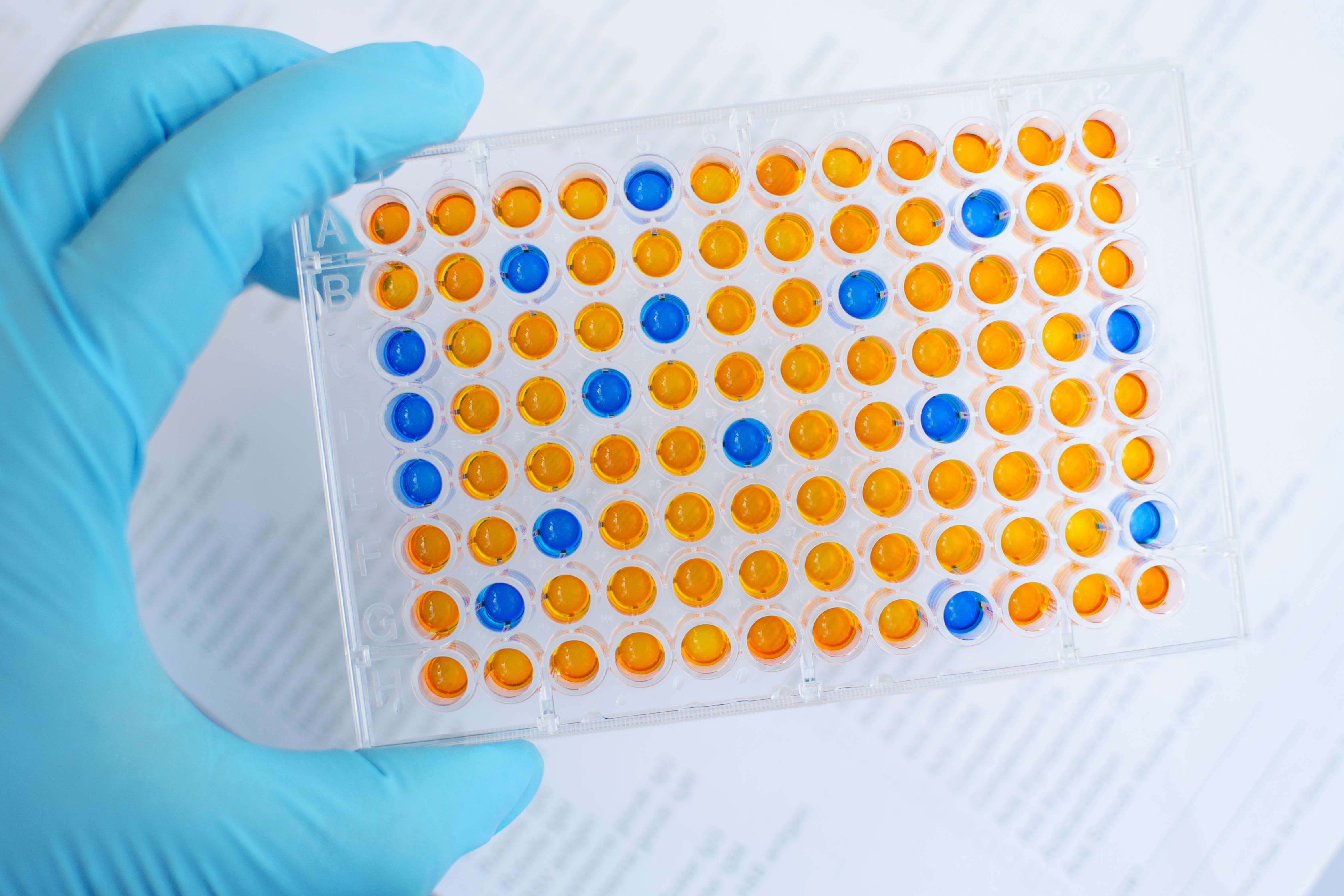SSc-associated PAH Patients with Anti-U1 RNP Antibodies May Have More Favorable Outcomes

Patients with connective tissue disease or systemic sclerosis associated with pulmonary arterial hypertension (PAH) who are positive for anti-U1 RNP antibodies have more a favorable disease prognosis than patients without these antibodies, a study published in the journal Arthritis & Rheumatology showed.
Anti-U1 RNP antibodies are autoantibodies directed at nuclear proteins. They are most frequently associated with mixed connective tissue disease, but are also found in other types of connective tissue diseases.
A research team at the Royal Free Hospital in London retrospectively studied data from 342 patients with systemic sclerosis and connective tissue disease. In this group, 36 patients were found to have antibodies against U1 RNP, and were represented by several diagnoses — 14 had systemic sclerosis, 10 had systemic lupus erythematosus (SLE), 10 had mixed connective tissue disease, and two had overlapping systemic sclerosis and SLE.
The analysis showed that anti-U1 RNP antibodies were present mainly in younger patients who had lived with a connective tissue disease for a shorter period before being diagnosed with PAH. Patients with the antibodies also had less functional impairment and tended to be classified as WHO class I or II pulmonary hypertension, while patients without the antibodies were frequently classified as WHO class III or IV.
According to the article — titled “Characteristics and Survival of Anti–U1 RNP Antibody–Positive Patients With Connective Tissue Disease–Associated Pulmonary Arterial Hypertension,“ — the anti-U1 RNP positive patients managed to walk a longer distance in the 6-minute walk distance test, implying better physical fitness. The exchange of oxygen between the lungs and the blood was higher for this group, as was the survival rate.
In addition to antibody status, a large number of other clinical parameters were predictive of mortality, including age at PH diagnosis, WHO functional class, and 6-minute walk distance. The duration of connective tissue disease at PH diagnosis or mean aortic pressure did not, however, associate with mortality.
Five-year survival rates for anti-U1 RNP positive patients were 71 percent, compared to 41 percent for the antibody negative patients. Likewise, the 10-year survival rates were lower in the antibody-negative patients (20 percent) compared to the antibody-positive patients (36 percent).
The authors concluded that anti-U1 RNP antibodies might be a factor protecting the carriers against mortality in connective tissue disease and systemic sclerosis associated with PAH.






